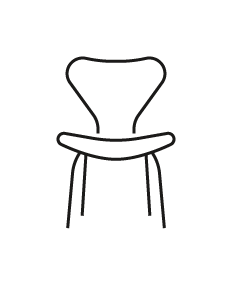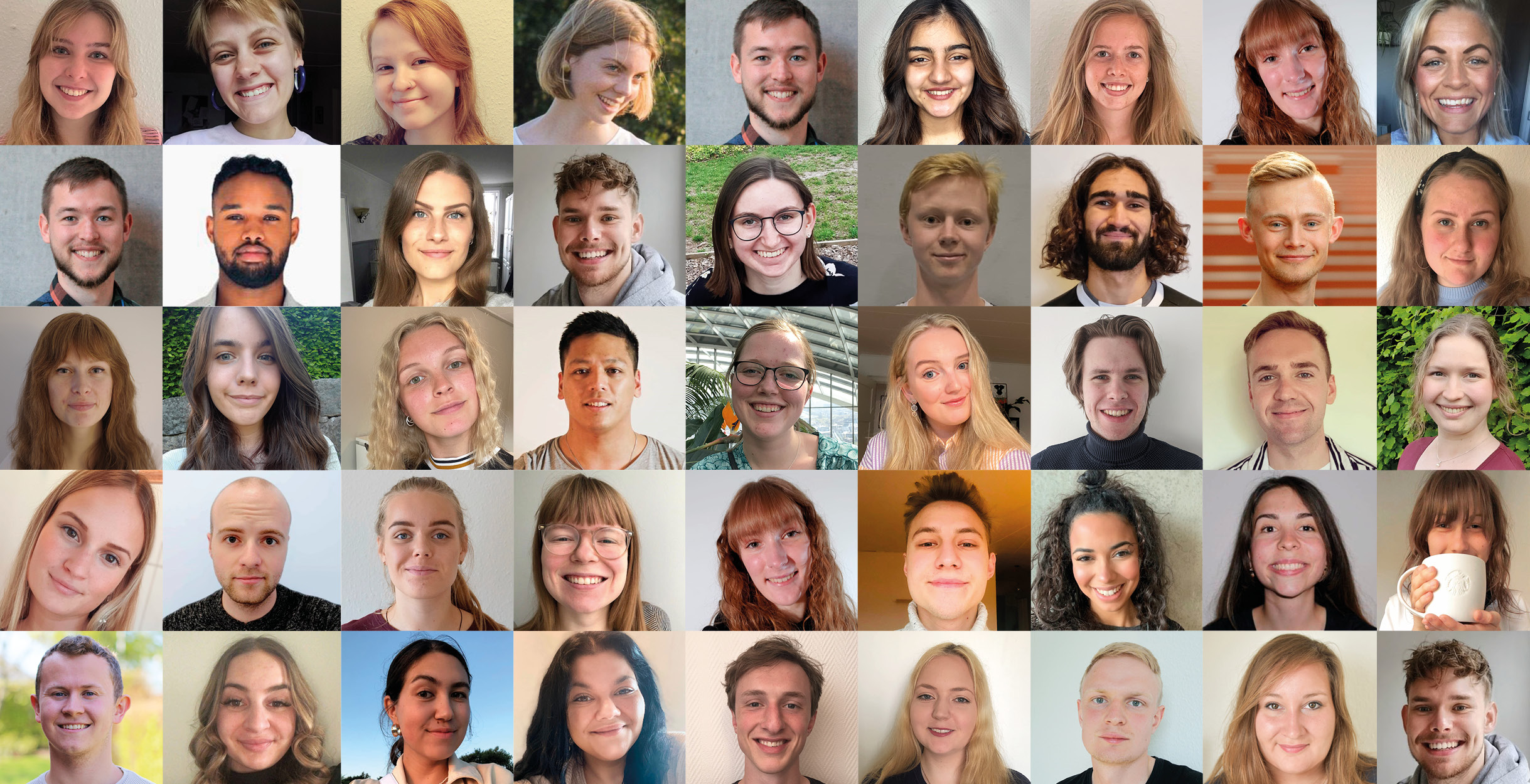What other engineers build; electronic engineers make intelligent. Are you one of them?
Engineers in electronics play an indispensable role in reducing CO2 emissions and making the transition to sustainable energy. Are you passionate about developing innovative electronic equipment? Then continue reading.
An electronics engineering degree from SDU gives you a wide range of career opportunities both in Denmark and abroad. There is a shortage of electronic engineers, and the skills you have developed will be sought after across a wide range of industries.
During the course of your studies, you will learn how to develop various types of electronic products, such as green energy systems including wind turbines and solar cells, robots, electric vehicles, or electronics for medical equipment.
You will gain knowledge of analogue and digital electronics, as well as the use of signal processing. Additionally, you will be taught how to develop advanced software and how to use computer-based modelling and simulation tools for electronic components and circuits. You will also learn to incorporate all relevant aspects, such as economics and environmental considerations, when developing new products.
Throughout the programme, you will work in project groups, collaborating with fellow students to solve real-world problems for companies through case-based projects. These projects will help you apply theoretical knowledge in practice and gain experience in project work, including project planning, risk assessment, and teamwork.
That is why you should study...
- You are guaranteed your first job once you have completed the programme
- You will learn how to develop analogue and digital electronics
- You will get a company-oriented education with good career opportunities
How is the programme structured?
The programme consists of a combination of theoretical courses and project work. Each semester focuses on a main theme, which serves as the foundation for both theoretical and project-based learning.
In the first semester, you will be introduced to basic electronic components and how to analyse electronic circuits. You will learn to develop a program for an embedded computer system and build your knowledge in mathematics and physics. During the second semester, you will delve deeper into advanced electronic circuits with active components used in signal processing and electronic filters, alongside more advanced mathematical tools for circuit analysis. The third semester builds upon your electronic knowledge, focusing on more complex electronic systems such as frequency converters and electric motors, as well as digital signal processing. In the fourth semester, you will further expand your electronics skills within power electronics and control engineering, as well as programmable hardware devices. The fifth semester is dedicated to interdisciplinary collaboration, where you will work on a group project with students from other engineering programmes, combining your knowledge of electronics with fields like mechanical engineering to develop a product. You also have the option to study abroad during this semester. In the sixth semester, as a bachelor of engineering student, you will complete an internship with a company, either in Denmark or abroad. The seventh and final semester is centered around your final project, which is often conducted in collaboration with a company.
Read more about the structure of the programme, subjects and curriculum.
What can you become?
With a BEng in Electronics, opportunities truly are many and global. You can, e.g., work with electronics for sustainable energy technology or for medical equipment, computers and data networks, software development, robot and drone technology and many other types of products that are based on advanced electronics.
Can you continue your studies?
A BEng in Engineering is an independent, complete education. So after the 3½ years, you are a graduate engineer and ready to start your engineering career.
If you want to immerse yourself further, you can take a Master of Science in Electronics (Sønderborg).








